Sweden wants to invest 400 billion kronor ($46.5 billion) over 20 years to switch to carbon-free iron ore production in what could be one of the largest industrial investment programmes ever, state-owned mining company LKAB said on Monday.
The plan would require the expansion of renewable energy production in Sweden and a more flexible regulatory framework, but the transition could reduce global emissions by 35 million tonnes of carbon dioxide (CO2) a year, LKAB said.
"This corresponds to two-thirds of Sweden's national carbon dioxide emissions, or three times the emissions of all cars in the country," Jan Mostrom and Svante Axelsson, CEO of Fossil Free Sweden, said in an article signed in the newspaper Dagens Nyheter (DN).
The plan involves replacing the production of iron ore pellets with a hydrogen-based process without carbon dioxide, doubling revenues by 2045 and creating thousands of jobs.
LKAB, which had sales of SEK 31 billion last year, said there were major challenges in the transition phase.
"Although the desire, resources and technology exist, there is a risk that large and significant changes will get stuck in long and complex approval processes," Mostrom and Axelsson said.
The transition to carbon-free production will also mean the development of hydrogen production on an industrial scale and large quantities of green electricity and biofuels.
The energy required corresponds to about one third of Sweden's current electricity production of around 160 TWh.
LKAB, a small player in the global iron ore market but the world's second largest supplier in the seaborne import market for iron ore pellets, achieved an operating profit of SEK 8.03 billion in January-September.


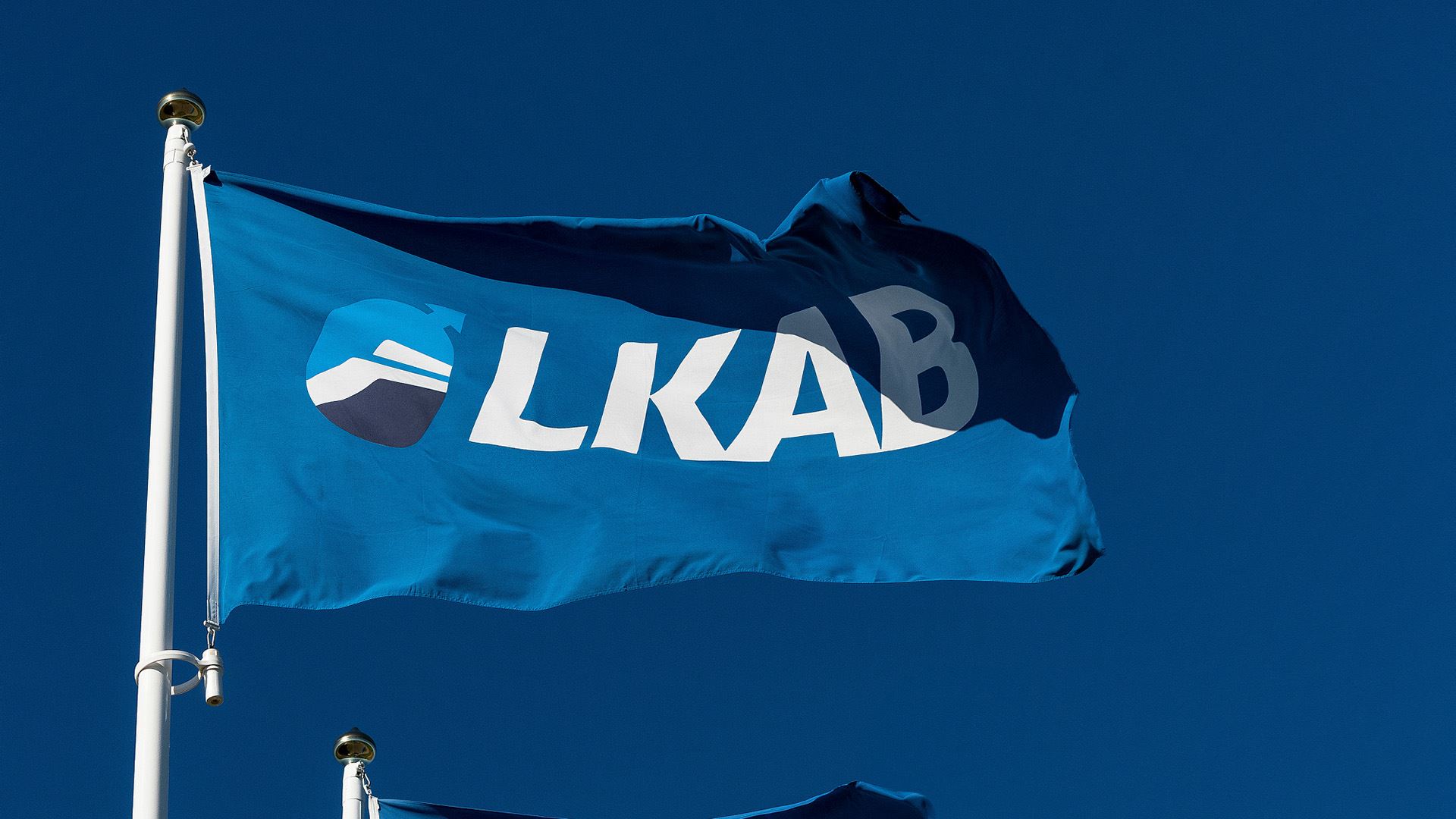
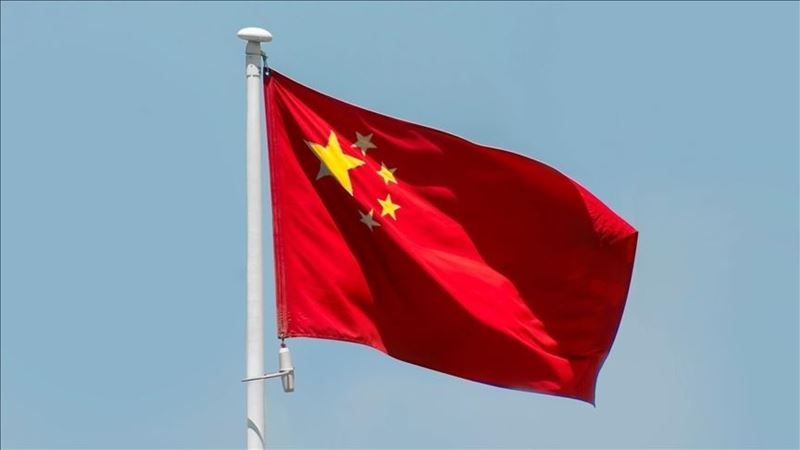
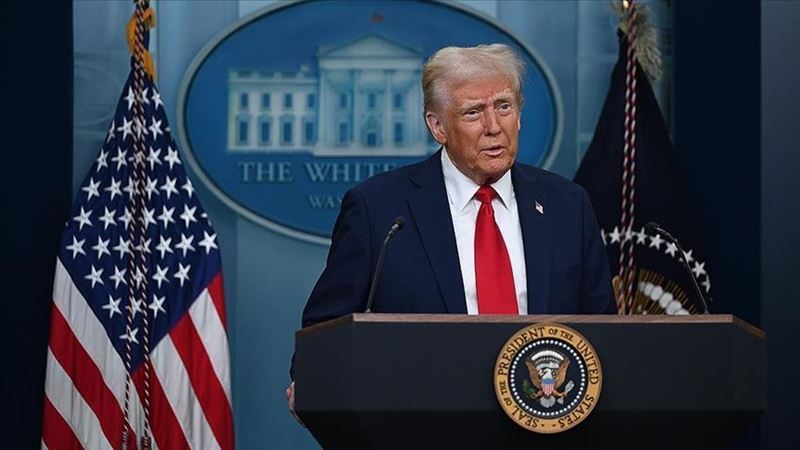
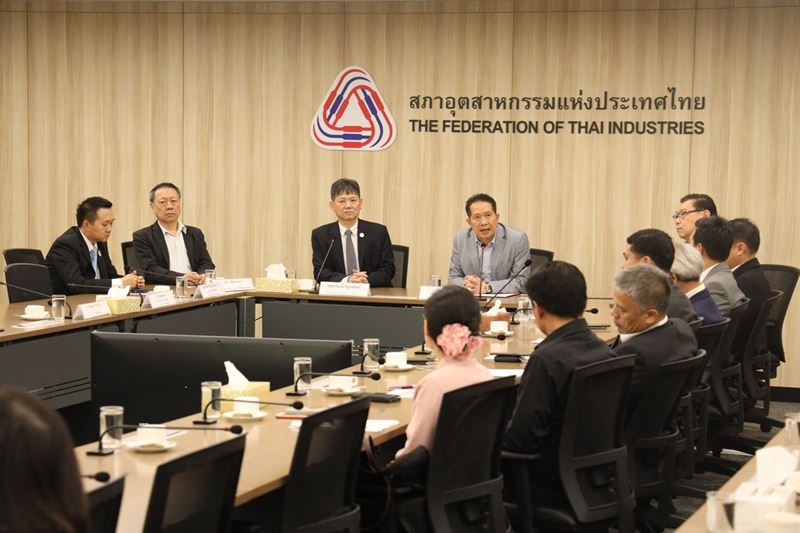
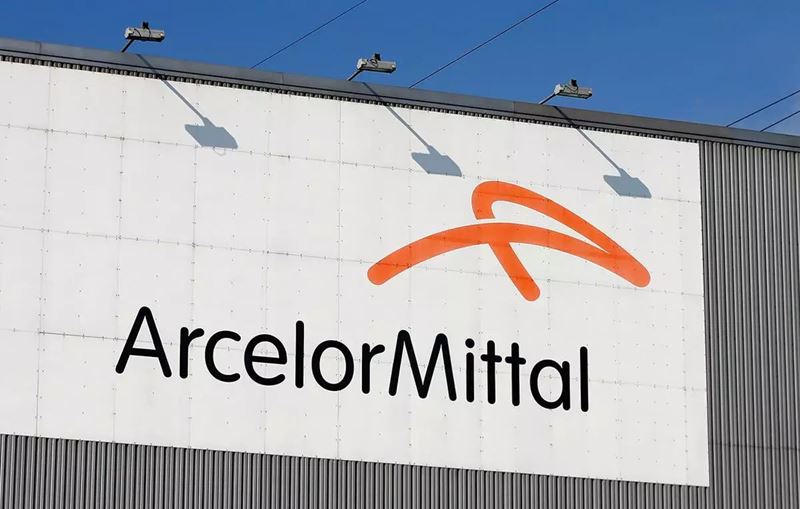
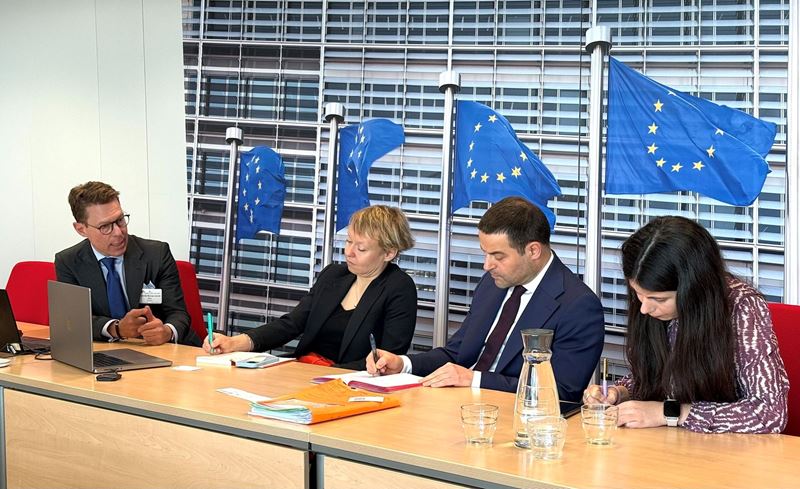

Comments
No comment yet.